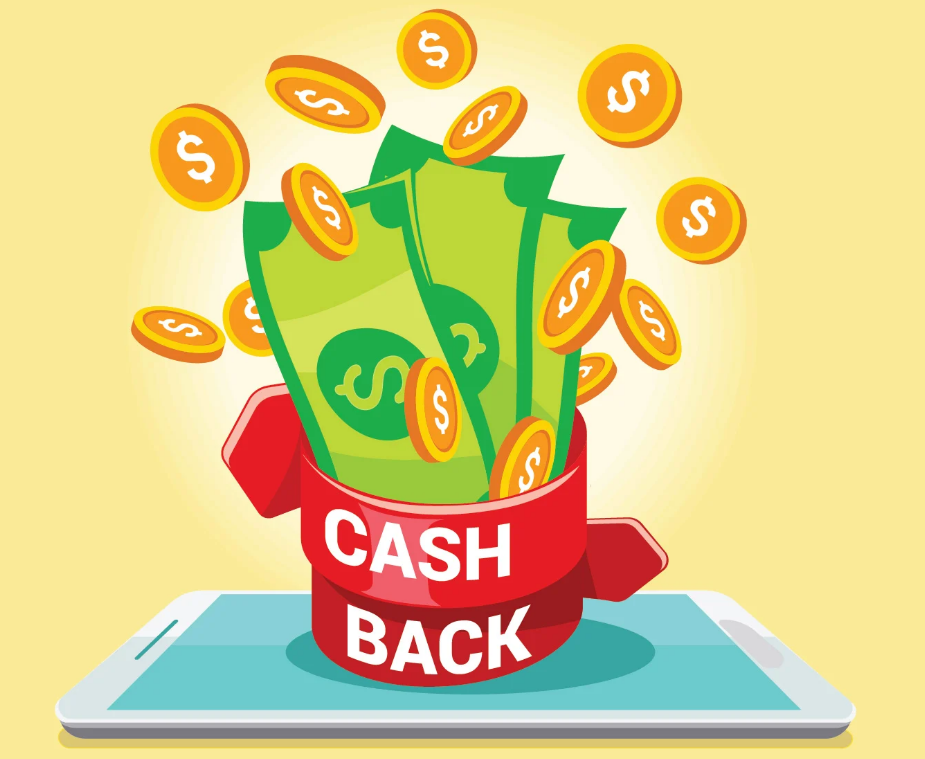No matter how much you earn, money is never enough. Living expenses and needs are always on the rise. But are all of our expenditures really necessary? If you take a moment to think about it, the answer would probably be “No.” We are not urging you to give up all the joys in life, but sometimes, you can give up just a few things to save a decent amount of money for something more essential.
1. Use Databases and Form-building Software
Americans fill out tons of forms and paperwork every year. How do you deal with it if you are not an expert? The first thing that comes to mind is to see a specialist. But attorneys’ services are expensive and not always necessary. Alternatively, you can use online builders like https://formspal.com/ to complete your next document, and that’s quite simple.
You will save not only money but also time. You do not have to print stacks of paper; with online tools, you can fill out forms electronically and submit them right away.
2. Check Your Subscriptions

The global lockdown has increased our average number of subscriptions to streaming services, magazines, music services, and apps. Yes, some of them are useful and even indispensable. But, sometimes we do not even understand how many similar services we are subscribed to.
We suggest you make a list of all your subscriptions and add up the amounts you pay for them. You will be unpleasantly surprised as all the bits you are paying monthly can add up to a hefty sum. Leave only one or two of the most needed ones and count your savings.
3. Give up Bad Habits
Bad habits can harm not only your health but also your wallet. If you smoke, use the websites to calculate how much money you will save by quitting this habit.
The same goes for alcohol. It is one thing to have a glass of fine wine once a week and quite another to drink alcohol in bottles. Just count how much you spend on alcohol, and your habit will not seem that harmless to you anymore.
And, it is definitely worth giving up gambling in an attempt to make money by pushing your luck. No casino in the world is aimed at making players earn. The house always wins.
4. Enter the 24-hour Rule for Purchases

This rule will help you avoid impulsive spending. For example, you go shopping with a friend to keep them company and start browsing stuff out of boredom. Do not rush to buy it; think for at least a day if you really need it. Will you really use the thing? If it’s clothes, will you wear it more than once? Most often, it turns out that can get by perfectly without this impulsive purchase.
5. Make a Menu for the Week
Think about meals you want to cook for the week and make a shopping list that will accomodate all the necessary igredients.
If you do the shopping hungry after work, you are much more likely to buy lots of unnecessary food. In this case, you might spend more on groceries than you anticipated and then watch all the redundant food spoil. By making a grocery list, you will get a strict spending plan, following which you will neither buy too much nor make unnecessary expenses.

6. Do Not Save Your Card Details in Online Accounts
If you like to surf through Amazon or Asos out of boredom, do not sink your bank card details. This will make it harder for you to make impulsive purchases. If you are lying in a warm bed, you are unlikely to get up for your wallet and enter card details (unless you memorized the credentials, which might make the things a bit trickier). And if you only need to do a couple of clicks or taps for this, the risk will increase.
Keep the cards as far away from the laptop as possible, and such a simple step can give you extra time to think about the action.
7. Work Out at Home
How often do you go to the gym? How much do you pay for it?
One of our colleagues once tried to force himself into going to the gym by purposely buying a more expensive season pass to a sports center. He thought it would motivate him more, but it wasn’t the case.
Doing fitness activities at home can be a great alternative. Just buy some sports equipment. If YouTube videos are not enough for you, you can subscribe to a sports app, which is much cheaper than the gym. Although, if you do not use it a couple of times a month, do not forget to cancel the subscription.
8. Save Energy

You can reduce your energy bills. See below if you are following all of these tips:
- Turn off the light when you leave the room;
- Install LED light bulbs;
- Lower the temperature on your water heater;
- Don’t leave your laptop or PC on sleep during the night;
- Spend more time outside.
9. Eat at Home More Often and Cook for Yourself
Do not skip dining out entirely, but cut down the frequency of going to restaurants. As a result, a trip to some cozy place with good meals might become be a more long-awaited event.
Pack a lunch-box with the food you cook at home and have a picnic in the park instead of running to the nearest café. Have a Friday dinner at home and invite friends. If everyone brings something tasty, then you can have a whole feast. And spend less.
10. Update Your Cell Phone Plan

How long has it been since you last updated your cell phone plan? Check out the provider’s updates every once in a while; what used to cost you $30 a month can now cost $15.
Compare different offers and decide if you need unlimited internet bandwith. If you can use office Wi-Fi for most of the day, you probably do not need that much mobile web traffic.
11. Unsubscribe from Subscriptions for Catalogs
We often buy something that we do not need at all just because we see it. For example, imagine a situation like this: you see a lovely little thing you want to decorate your home with, for instance, a vase, and you immediately want it, even if it is the last thing on Earth that you need. And you buy it.
The same applies to Instagram subscriptions to various stores or bloggers promoting the culture of consumption. The fewere of these you see during the day, the fewer unnecessary purchases you will make.
12. Look for Cashback Offers

Some banks offer cards with cashback for the balance. And some stores provide you with cash back if you use their application. Search for offers available in your area and take advantage of them. Sometimes using such reward programs, you can earn hundreds of dollars a year. So do not neglect them.
To Sum Up
To understand what you can save on, you need to analyze your expenses. To do this, within a month (or better a couple), write down all your expenses or use a special app, like Mint. By “All,” we mean everything — even that $2 for a magazine that you barely opened and still threw away.
When you write down all your expenses, you can see clearly where the money goes. Create a new budget and spending policy to follow. Keeping it low-key with your budget is neither as tedious nor as tricky as you might think. You can always turn it into a game or use one of the modern apps (there are many free options on the market).
Remember: consuming and spending consciously is the most significant global trend that anyone should try to follow.




